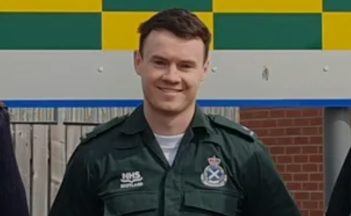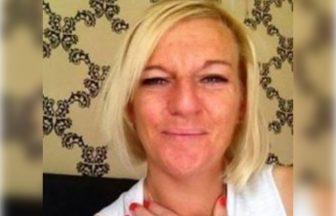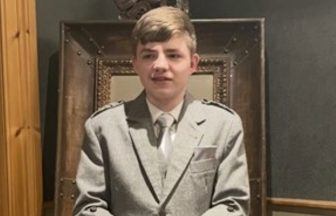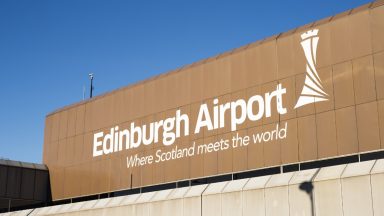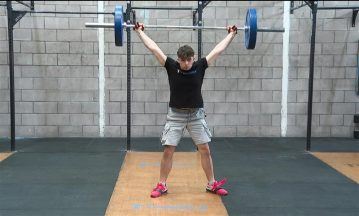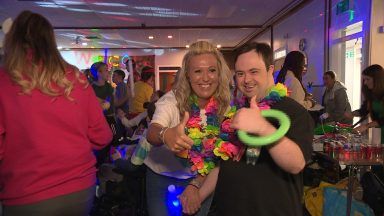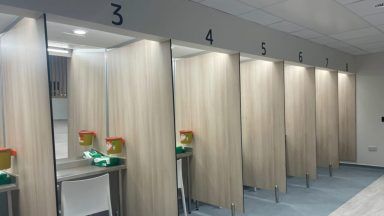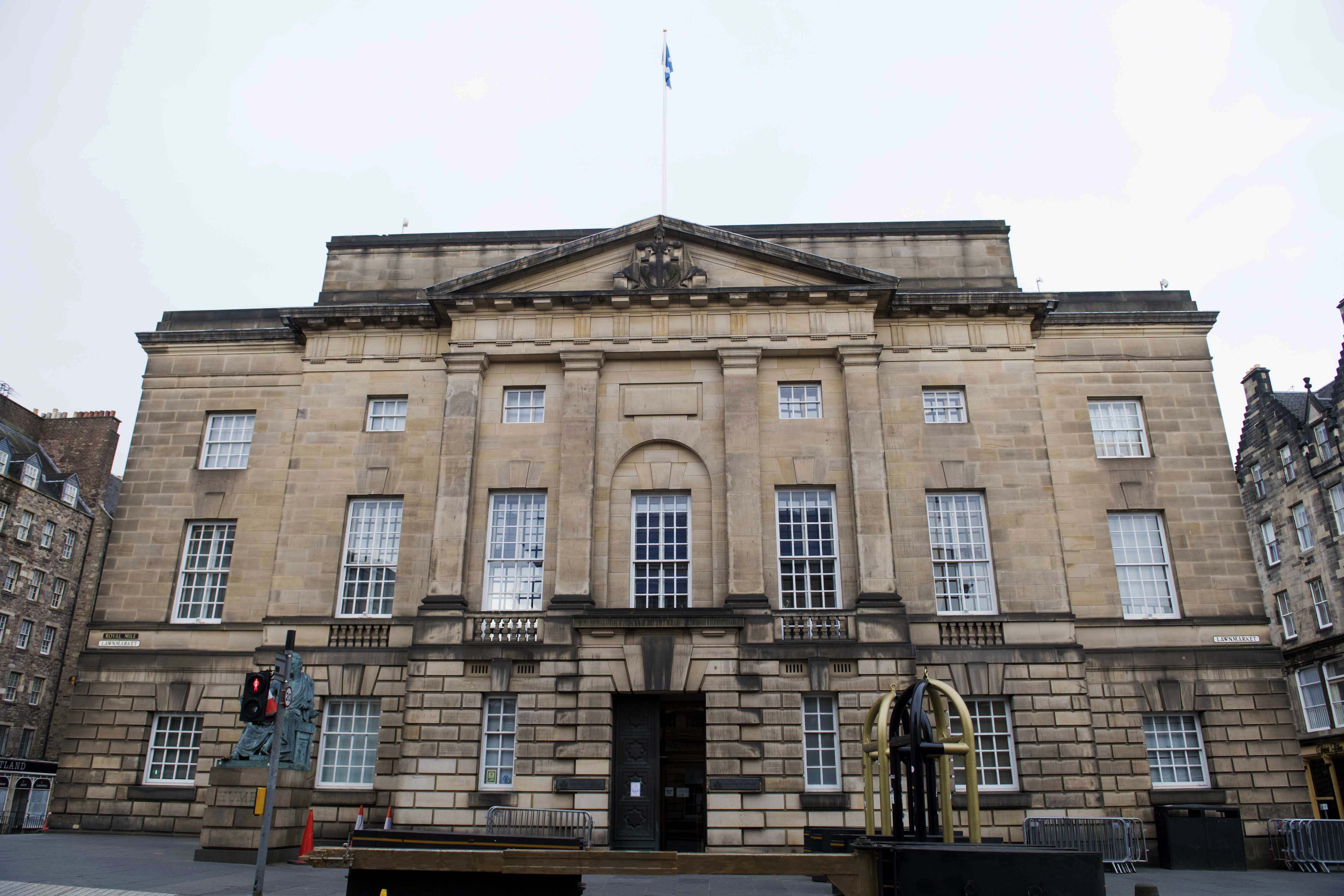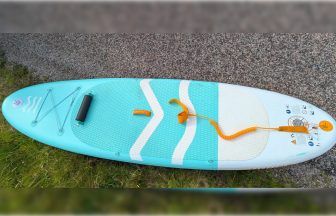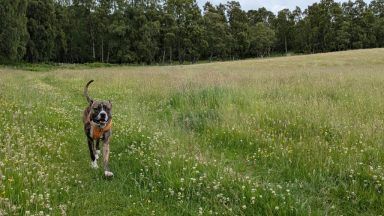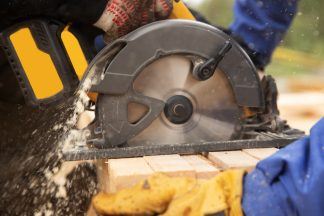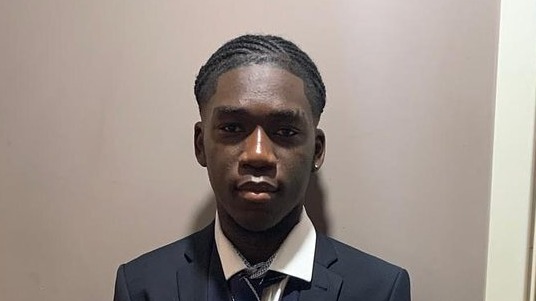An experienced climber had to be airlifted to hospital after tearing his knee open “to the bone”.
Scotland’s Charity Air Ambulance (SCAA) was called to help Stuart, who had been hiking over Christmas with his son Cameron and their dog Oakley on the Kilbo Pass in the Cairngorms National Park in Angus.
Despite having the right equipment for the time of year, including extra thermals and survival bags, the pair knew they needed help after Stuart slipped.
“We called the emergency services, layered on more clothing, and hunkered down in our survival bags”, Cameron said.
“My dog Oakley snuggled in beside us, and I protected him from the wind with our rucksacks.”
Scotland’s Charity Air Ambulance (SCAA) was able to reach the group within 20 minutes from its base in Perth and was able to land nearby.
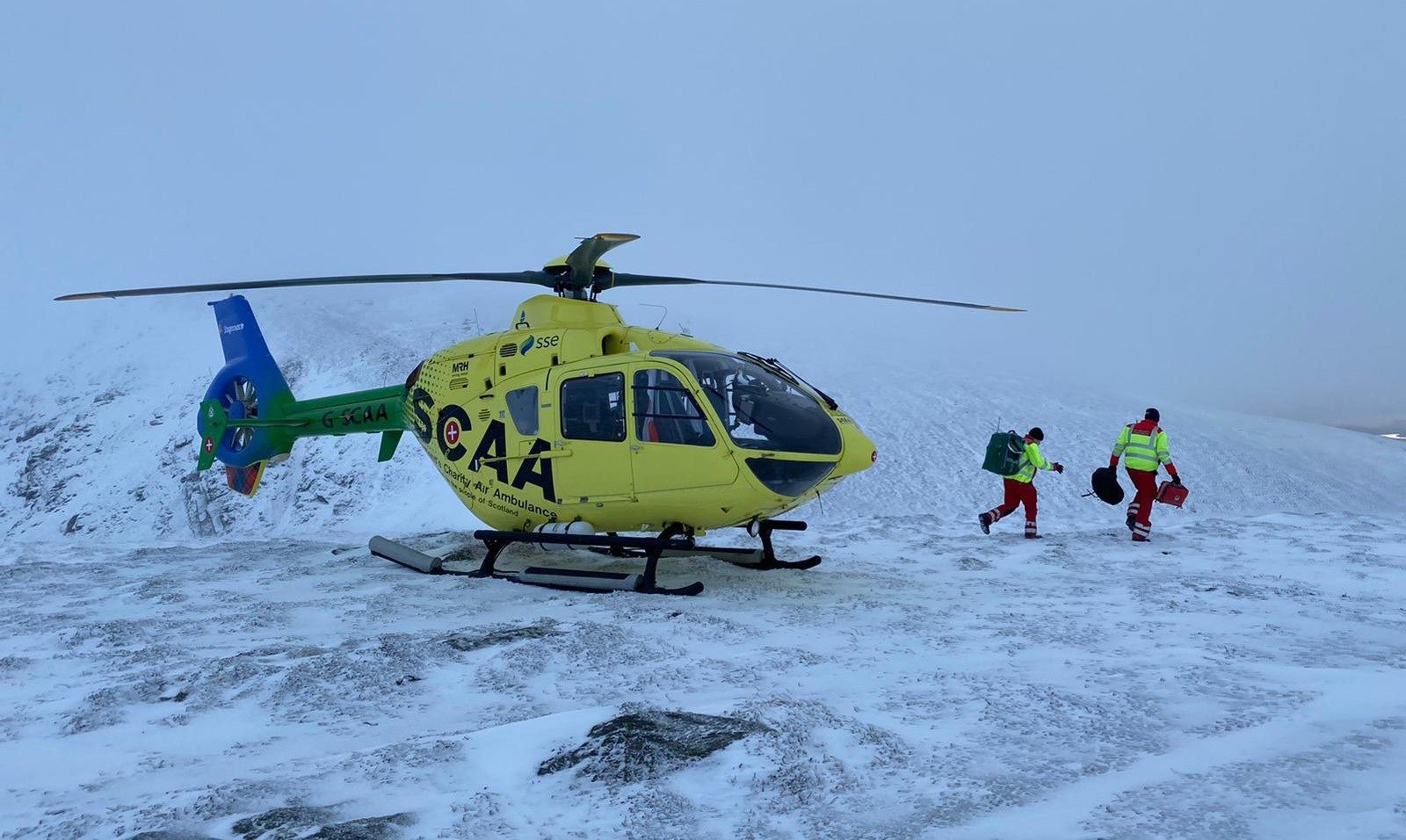 SCAA
SCAARecognising that Stuart was already hypothermic, the crew immediately set up their extreme weather kit, including a bothy for shelter, heat pads and thermal blankets.
Once safely out of the cold, they began treatment on Cameron’s injury before flying everyone – including Oakley – to Ninewells Hospital in just 12 minutes.
SCAA has shared Stuart and Cameron’s story as part of its winter appeal.
This year will mark its 11th winter since launching in 2013.
The charity’s two helicopters – based at Perth and Aberdeen – have flown to Scotland’s islands when high seas have cancelled ferries, stranded walkers, remote communities cut off by fallen trees and serious accidents on rural roads.
SCAA’s director of development and engagement Criona Knight said: “People die in Scotland because help can’t reach them in time, and that is never truer than when road and ferry access is compromised during severe winter weather conditions.
“For many, a helicopter such as SCAA is their best chance of survival – the speedy delivery of highly qualified clinicians with life-saving drugs and equipment and a rapid airlift to critical hospital care – all in a matter of minutes.
“Storm Bert at the weekend showed how quickly communities can be cut off and when people take ill or are involved in an accident, the options for getting emergency responders to them are reduced.
“Our helicopter pilots are trained to navigate and land in driving rain, snow, high winds, low cloud and plummeting temperatures. Those same weather conditions can be fatal for someone who’s critically ill or injured – especially if they’re unable to move and exposed to freezing temperatures.
“SCAA can bypass ground challenges and get there in time to save lives this winter, but as a charity, we rely on the understanding and support of the public to fuel our flights.
“No one should die because help can’t reach them in time and SCAA’s ambition is to answer every call out this winter and get here in time to make a difference.”
Follow STV News on WhatsApp
Scan the QR code on your mobile device for all the latest news from around the country


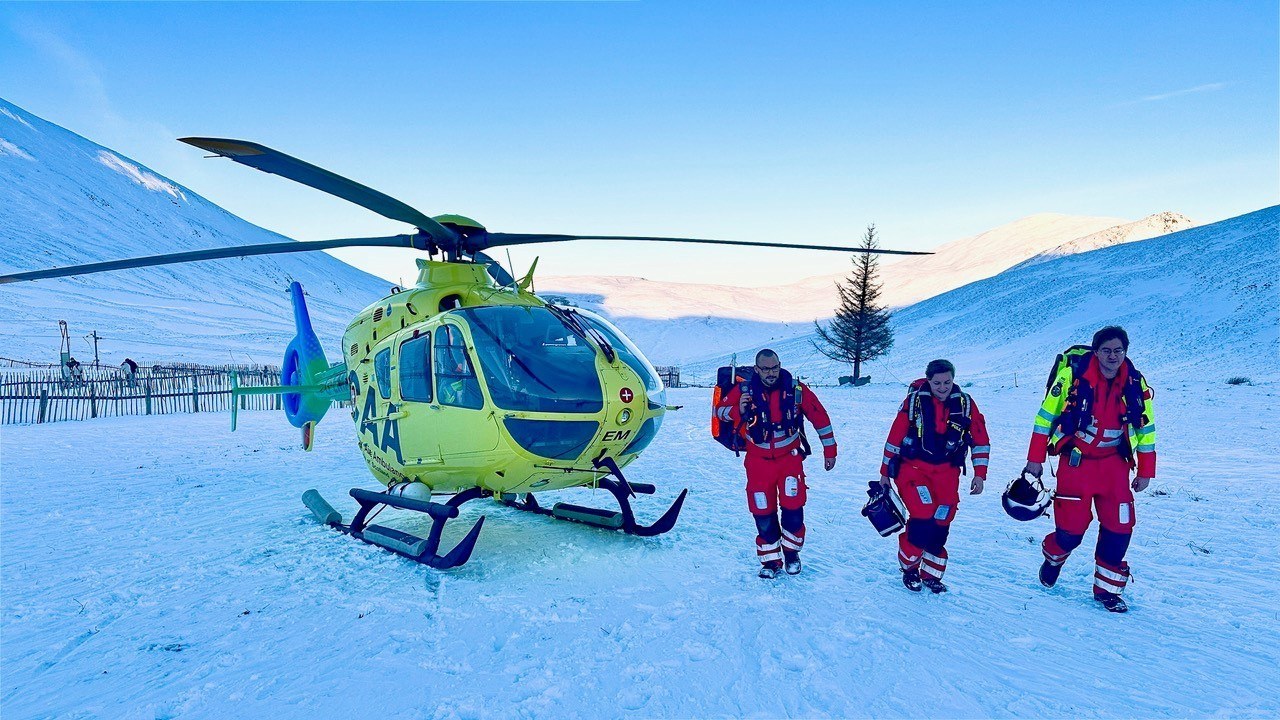 SCAA
SCAA
